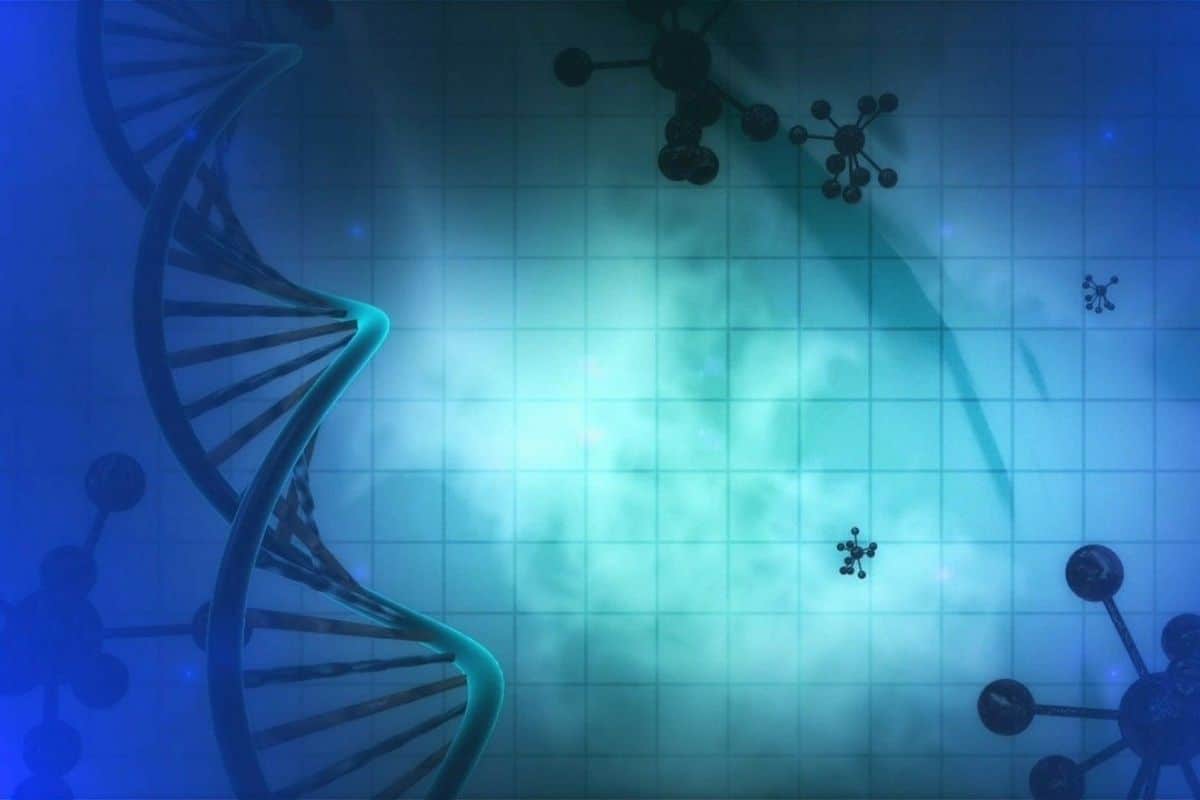
Everyone has been affected by the pandemic. But a new study finds that some people have weathered its stress better than others, in part because of their genetics.
The corona pandemic was a difficult and lonely time for many. Due to the spreading coronavirus, we were all glued to home, so that we were not only isolated from the virus, but also from physical social contacts. In addition, the spread of the coronavirus caused stress and uncertainty for many people. Yet we have not all been affected by the pandemic in the same way; one has experienced this period much more heavily than the other. But how much of these differences can be explained by genes? Dutch scientists figured it out.
Quality of life
How you perceive your quality of life depends on a combination of factors – it’s a mix of the well-known nature and nurture. Some of it can be attributed to the genes you inherited from your parents. The link between well-being and genes is a complex but interesting field of research. “We know that well-being and illnesses such as depression are strongly influenced by the world around us and traumatic events,” researcher Patrick Deelen explains. Scientias.nl from. “We also know that not everyone reacts in the same way to, for example, a bad event. Part of why people react differently is genetics. Hopefully, by studying genetics, we will eventually be able to better understand why some people react more violently.”
Corona pandemic
As mentioned, the way genes affect well-being is not always easy to study. But then came corona. “Normally it is a big challenge to conduct longitudinal research on well-being, because it is not often that all subjects in a study are exposed to the same stressor at the same time,” says Deelen. “The pandemic was a unique opportunity to explore the impact of genetics on well-being, as society as a whole was exposed to the same stressor at the same time. As a result, there was less noise in our analyzes and we were also able to detect small effects that would otherwise have remained hidden.”
Study
In the study the researchers analyzed the genome of more than 27,000 Dutch people who had donated genetic material to a biobank. They then looked for links between genetic variants and the participants’ answers to a series of questions about their lifestyle and mental and physical health during the corona crisis.
Genetics
As expected, one person appeared to have weathered the pandemic better than the other. But the researchers now found additional evidence that some of that could be explained by genetics. In addition, they found that as the corona crisis continued, genetic predisposition had an increasingly strong influence on how participants perceived their quality of life. “In other words, genetics became more important for the quality of life of our participants,” Deelen said. “During the pandemic, the relative contribution of genetics increased, so other factors became relatively less important.”
What’s up with that?
This striking trend has several reasons. “For example, it may be that the social isolation caused by the corona measures resulted in people having fewer social contacts that affected their quality of life,” explains Deelen. “As a result, our participants relied more on their own selves and their genetics. It’s also possible that genetic factors made some people more resilient to the long-term psychological impact of the pandemic. It is important to note here that the effects of genetics that we find are small and that this only partly explains how someone experiences their quality of life.”
Change
With their study, the researchers show that the contribution of genetics to complex traits such as well-being can change over time. “We had not expected that beforehand,” says Deelen. “We looked at quality of life because we expected it to be lower during the lockdowns and higher when there were fewer measures. We also knew in advance that genetics would have an effect on the reported quality of life, but we thought that this effect of genetics would be constant. It was only when we analyzed the data that we found out that the effect of genetics was increasing.”
The results of the study thus indicate that the balance between genetics and environment is not constant. And that’s an interesting new insight. “We hope that this will eventually come in handy in how we can better help people who are mentally hit hard by a crisis or a traumatic experience,” Deelen concludes.
Source material:
†Some people fared better than others during COVID-19 pandemic due to genetics– PLOS (via EurekAlert)
Interview with Patrick Deelen
Image at the top of this article: PublicDomainPictures via Pixabay